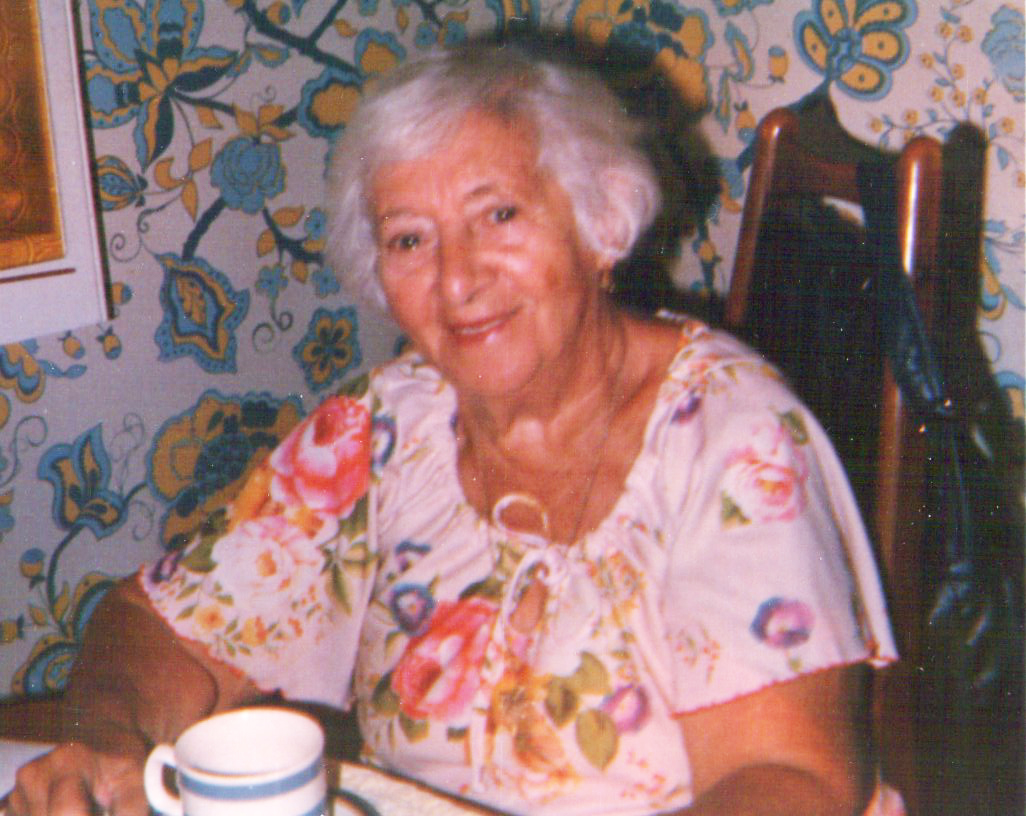The Fat Foot Avenue Chronicles
/By the time I was two; I could recite my name, address and phone number, but as my baby teeth loosened, my pronunciation suffered. Thatford Avenue became Fat Foot Avenue. In my extended family, there was no shortage of relatives who’d laugh out loud at my answer. I didn’t mind, even then I liked being the center of attention.
I lived with my parents, a series of stray dogs, Jingles our parakeet and much later, my baby brother in our two-family house. My grandparents, (until they divorced and Grandpa Robbie moved away) lived upstairs with my mother’s school-age sisters and a menagerie of critters: There were dogs of every size, color and age, Toby the cat, Blue Boy the parakeet, the goose without a name, fish with very short life expectancies, and a bear. I’m exaggerating about the bear-he was really Mr. Bahr, but I’ll save that for another story.
While others attended church on the Lord’s Day, my maternal family worshipped Sunday dinners. The picnic table folded behind the living-room sofa was opened and covered with a pressed white cloth. Flowered dishes from a long dead auntie were stacked next to movie theater dish-night freebies and then topped with seconds from the Pitkin Avenue pushcart vendors. The flatware was just as miss-matched; some with flowers, others with crests but none were silver. Recycled jelly jars made up the set. I can’t recall a wine glass or beer stein, but shot glasses were strategically placed where needed.
Our winter meals began with sweet-tart grapefruit halves that sparkled back at the ceiling lamp. In summer, pale green honeydew or meaty cantaloupe slices were served first. Crisp salads topped with Grandma’s garlic dressing (recipe available-just ask) accompanied bakery fresh breads; ryes and pumpernickel so sinewy and hearty, they could scoop a ham bone right out of your split pea soup.
Main dishes were roast beefs as long as a man’s arm and hams dressed in pineapple and maraschino cherries as if we were at a Brooklyn luau. Noodle casseroles and potatoes; fried, boiled, mashed, and gratineed arrived to sop up gravy. All vegetables were fresh; shucked, peeled, diced or sliced that morning. Bowls of apple sauce and pickled anythings were there for the taking. When the dwindling bottle of Johnny Walker signaled the end of dinner, Blackout chocolate layer cakes, rice puddings, glazed fruits, and cream-filled pastries arrived like Viennese table displays.
Hand over hand the platters were passed until emptied, but not just by relatives. Grandma Rose, who had no faith in scripture, fed the needy in biblical proportions. When Sundays arrived, many were called and all were chosen. Spinsters and bachelors, abandoned young wives, teens escaping unhappy homes, and sometimes, whole families in want of a hot meal came to our table. Often the skies had already darkened by the time the leftovers were parceled out.
Kush (I never knew his real name.) was a Sunday regular. Tall and wiry, his shirt sleeves under his jacket revealed frayed cuffs so loose; they slid down to his hands. When he sat cross-legged on the sofa, the detergent box-tops he used to insulate his shoes poked through, making him a living advertisement for Lux Soap. Always the last to leave, he’d place his worn hat on his thinning hair, run his thumb and pointer finger over the rim and make his goodbye with the same joke, “OK, Rose, I’ll see ya in choich (church).”
Like Grandma Rose, I love feeding others—I delight in guests who are well fed, happy and even a little tipsy. But, unlike Grandma, I don’t take in strangers. The meals I make, feed my heart. Her meals saved lives.

